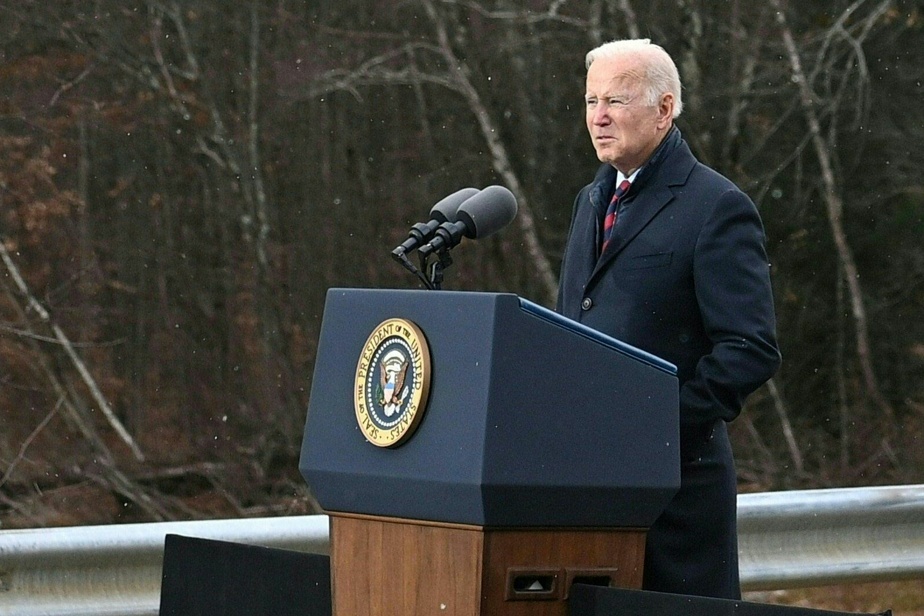(North Woodstock) Joe Biden stressed on Tuesday that he does not want to encourage Taiwan independence, in order to make clear new vague statements that could constitute a departure from the United States’ traditional position on the island claimed by China.
Asked by reporters, during a trip to New Hampshire, about possible progress on the Taiwan issue during his virtual summit on Monday with his Chinese counterpart Xi Jinping, the US president replied “in the affirmative.”
“Yes. We have made it clear that we support the Taiwan law and that’s it.”
The Taiwan Relations Act is a law passed by the US Congress in 1979, and it governs US policy in this area: that is, Washington pledges to recognize only one China, while providing arms to Taiwan to defend itself.
But Joe Biden also added, apparently speaking of Taiwan: “He’s independent. He makes his own decisions.”
This formula risked angering Beijing, while President Xi warned during their virtual meeting that working for the island’s independence amounted to “playing with fire”.
We do not encourage independence. Then the US president explained, “We encourage them to do exactly what the Taiwan law says.” “I said they should make their own decisions about Taiwan, not us.”
Joe Biden also emphasized once again that the United States had no intention of “changing” US policy at all.
On Monday evening, he warned that Washington “resolutely” opposes any “unilateral attempt to change the status quo or undermine peace and stability in the Taiwan Strait” – a phrase that can be said in equal measure. Addressing Taiwanese leaders.
The Democratic leader had already sowed problems in October by asserting that Washington had an “obligation” to defend Taipei militarily in the event of a Chinese attack. He thus seemed to break with the traditional US “strategic ambiguity” in whose name they never indicated whether they would intervene in the event of Beijing’s invasion of the island – a way to keep the peace in thwarting Taiwan’s rulers from a formal declaration of independence.
The White House had already had to rectify the situation by ensuring that there was no change in strategy.




